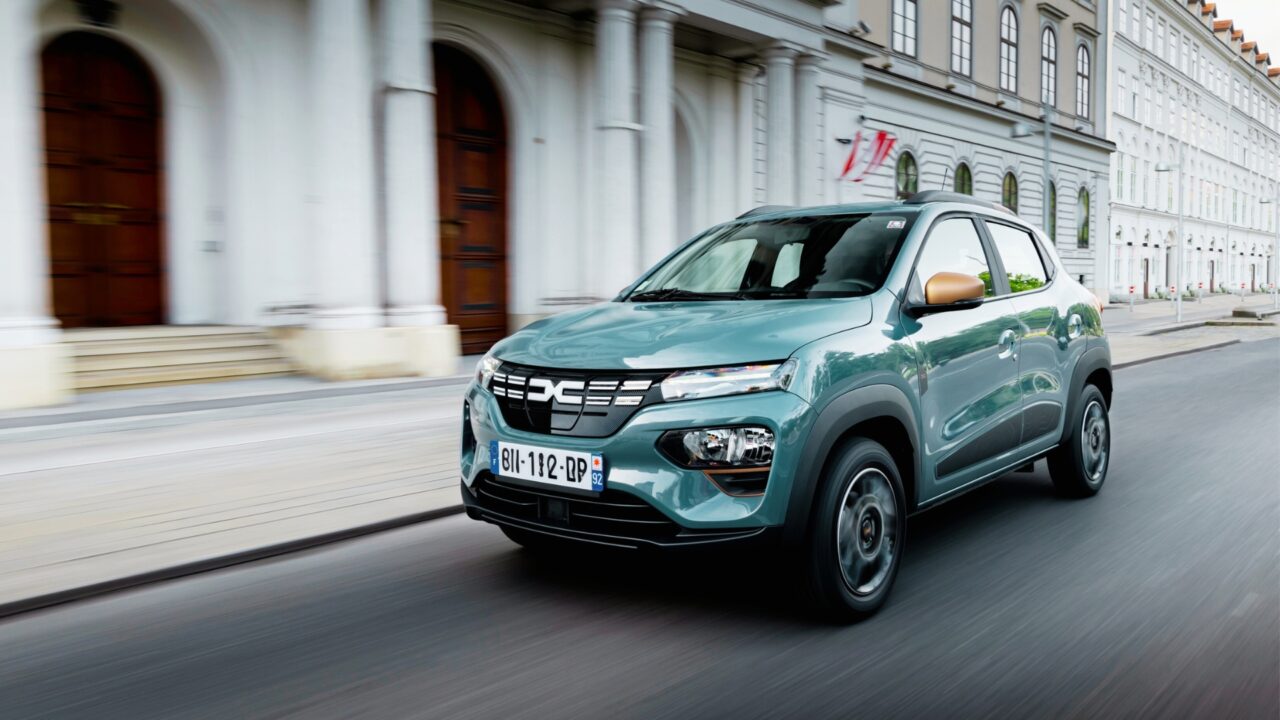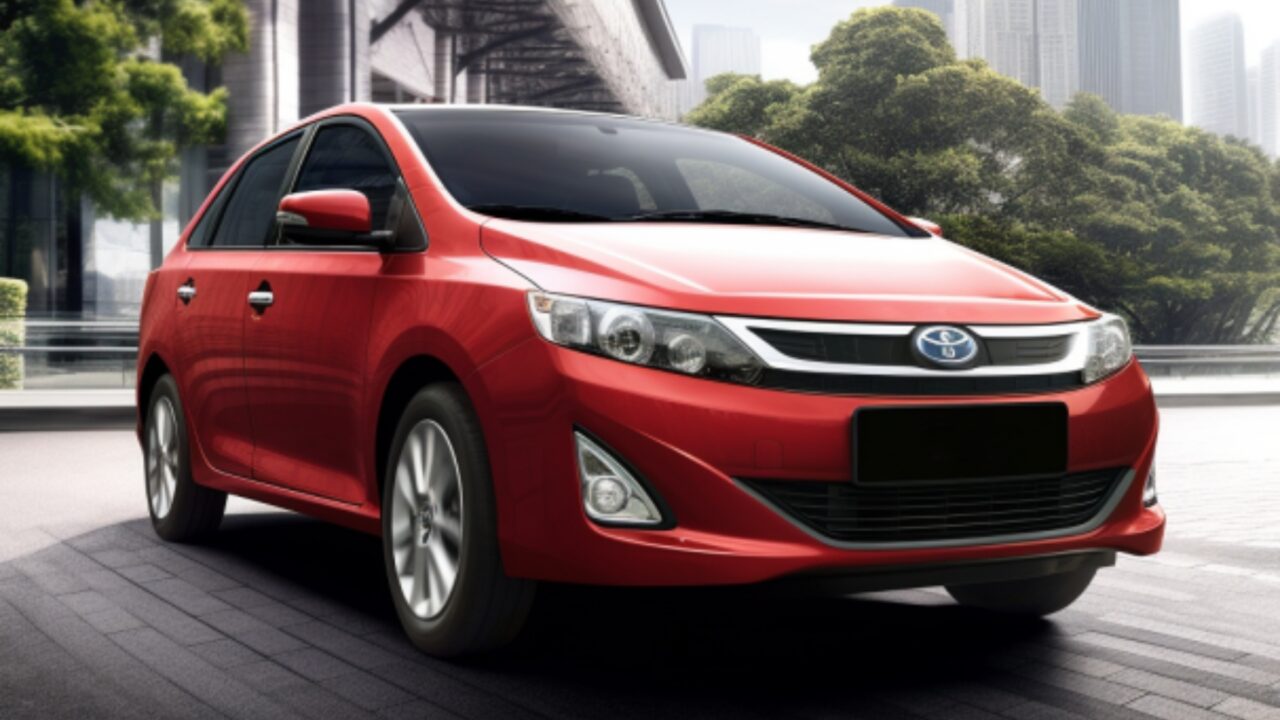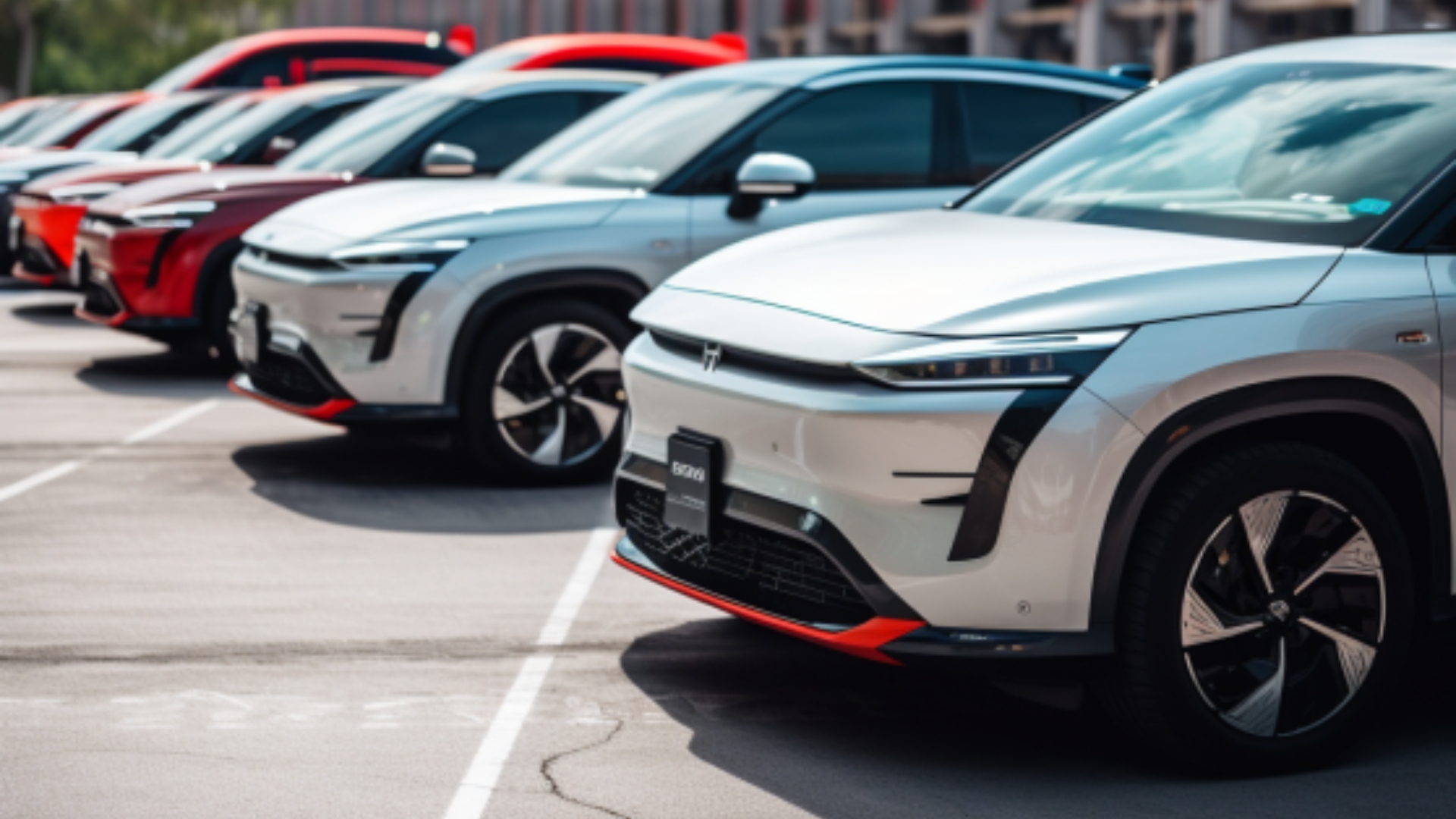Find out how the UK plans to improve charging, Dacia’s cheap electric car is set to change the UK electric car market next year. Plus, learn about the security concerns around Chinese EVs and the truce between Chinese electric vehicle manufacturers and Tesla.
Draft regulations for UK EV charge points
The Department for Transport has drafted new regulations around the provision of public EV rapid charge points, in an effort to improve the experience of users and encourage more drivers to make the switch to electric cars.
The main changes include a mandate for 99 per cent reliability of charge points, clear pricing displayed in ‘pence per kilowatt hour’, contactless payment accepted, and transparency around the price of charging.

Charge point operators have a year to make the changes to their networks after the draft regulations are expected to come into force, and they won’t have to report their performance to the Secretary of State for Transport until the following year.
Dacia’s cheap electric car: A game-changer for the UK electric car market
There is set to be an affordable game-changer in the UK Electric Car Market next year. Dacia, the renowned budget car brand, is all set to take its highly anticipated Dacia Spring EV to the UK market in 2024 to provide a great-priced urban EV.

The Dacia Spring has already helped the brand achieve a 6.8% increase in sales in 2022 and is widely sold across Europe. This is set to continue with the Spring due to be sold below £22,000, which will make it one of the most affordable electric cars on the market.
The vehicle has a range of up to 190 miles, which is more than capable of doing the average UK trip of 5.4 miles a day. Dacia has had over 120,000 orders since its European debut and is a popular choice among drivers looking for a more affordable and practical EV.
Are Chinese EVs a threat to UK data security
China’s dominance in the electric car market has raised concerns among UK MPs, including Sir Iain Duncan Smith ‘who likens the security threat to the Huawei crisis. As petrol and diesel car sales are set to be banned in 2030, up to 25 cheap Chinese electric car brands are expected to flood the British market.
China surpassed Western manufacturers to become the leader in electric vehicles (EVs), making the UK reliant on Chinese EVs and impacting UK manufacturers. There are fears that having a large number of Chinese cars on British roads could pose a security risk similar to the Huawei controversy.
The discovery of a Chinese SIM card capable of transmitting location data in a UK government car further fueled concerns about Beijing’s intent. Experts warn that the sensors used in EVs could be exploited to map sensitive government buildings and military compounds or listen in to conversations.
MPs emphasize the need for rigorous security controls and diversification of EV suppliers to mitigate potential risks. China’s control over the EV supply chain, including mining raw materials and battery production, adds to its dominance in the market.
There have also been further safety concerns with regard to some Chinese EVs catching fire and incidents have been caught on camera. Although the causes are not known, some believe it may be due to particular batteries used in some Chinese-made products. Whatever the cause, it is a serious safety concern that needs to be addressed.
Price war truce: Chinese electric vehicle manufacturers align with Tesla
Meanwhile, China’s Ministry of Industry and Information Technology has brokered a truce among leading Chinese electric vehicle manufacturers and Tesla. The biggest Chinese manufacturer, BYD is also included and aligns the manufacturers with China’s “core socialist values” and expresses their commitment to avoid price wars.

The truce comes after Tesla reduced prices on its Model 3 and Model Y last year in response to increased competition in the market. Both Tesla and BYD have seen sales rise, while smaller competitors have experienced some declines in sales.
